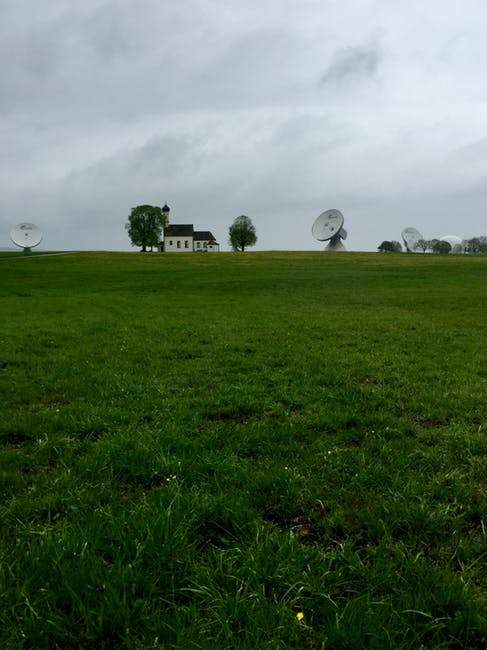
Pregnancy vs PMS Symptoms: What Are the Differences?
Premenstrual syndrome, or PMS, is the name for a set of painful, disruptive symptoms that some women experience during their menstrual cycle. As much as 90 percent of women may experience premenstrual symptoms. The symptoms typically set a week or two ahead of the start of your period and end when your cycle does.
One tricky thing about PMS, especially for women trying to conceive or who may be pregnant without yet realizing it, is that the symptoms of PMS and pregnancy can often be similar.
If you’re a woman who suffers from PMS, keep reading as we explore pregnancy vs. PMS symptoms and what you should know about each.
Pregnancy vs PMS Symptoms: Common Characteristics
Many PMS symptoms mirror common pregnancy symptoms. This can be confusing, especially if you might be experiencing first pregnancy symptoms.
One common symptom that can indicate pregnancy but that is also often associated with PMS is breast pain. Your breasts may feel tender or sore. Some light swelling may also occur with both pregnancy and PMS.
Another common shared symptom is mood swings. With pregnancy, women often report that they feel more emotional after they conceive. This symptom will often last the length of the pregnancy as a result of hormone changes. Because PMS is associated with your menstrual cycle and hormones, mood swings may also occur.
While being cranky or anxious is common with PMS, a general feeling of being more emotional can make it tough to tell whether you’re pregnancy or experiencing PMS.
Finally, it’s common for women to report feeling more fatigued than usual both when they are pregnant and experiencing PMS. It can be difficult to sleep, or you may experience changes in appetite, both of which can leave you feeling more tired during the day.
If your fatigue and appetite changes are the result of PMS, eating the right food for PMS can help energize your body and help you fight fatigue and sluggishness.
Pregnancy vs PMS Symptoms: The Differences
There are a few symptoms that are commonly associated with pregnancy, but not with PMS.
For instance, some light vaginal bleeding or spotting is often one of the first signs that a woman is pregnant. However, spotting or bleeding isn’t common before your period starts.
Another symptom that’s uncommon when experiencing PMS is nausea. While you might have cramps or digestive trouble, it’s unlikely that you’ll find yourself needing to commit. However, morning sickness is one of the easiest symptoms of early pregnancy to spot. Around 70 percent of pregnant women will experience morning sickness.
Taking Charge of Your Health
Whether you already suffer from PMS or are in the process of trying to conceive, it’s important to understand the difference between pregnancy vs PMS symptoms. Similar symptoms like breast tenderness or mood swings can make it tough to distinguish between the two. However, other symptoms, like nausea and bleeding, can make it easier to tell when you could be pregnant rather than experiencing PMS.
For more content like this, check out the Health section of our blog.














